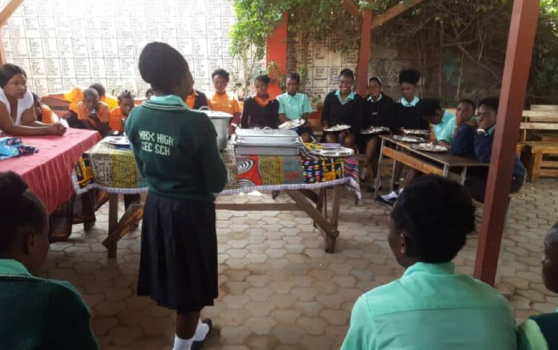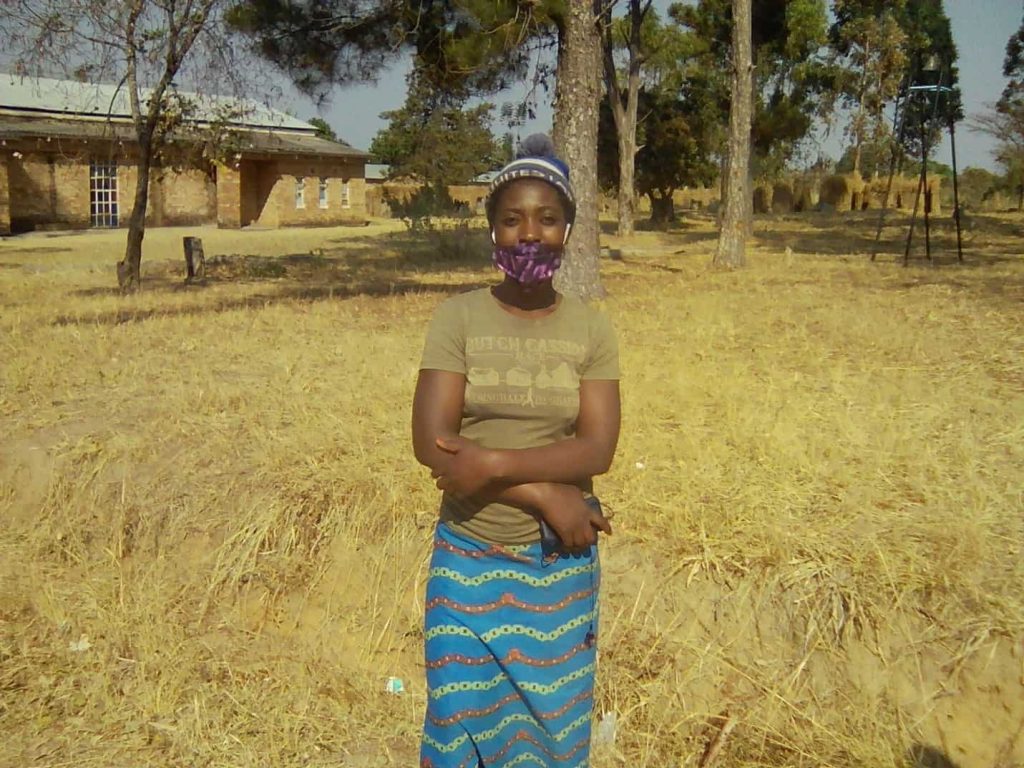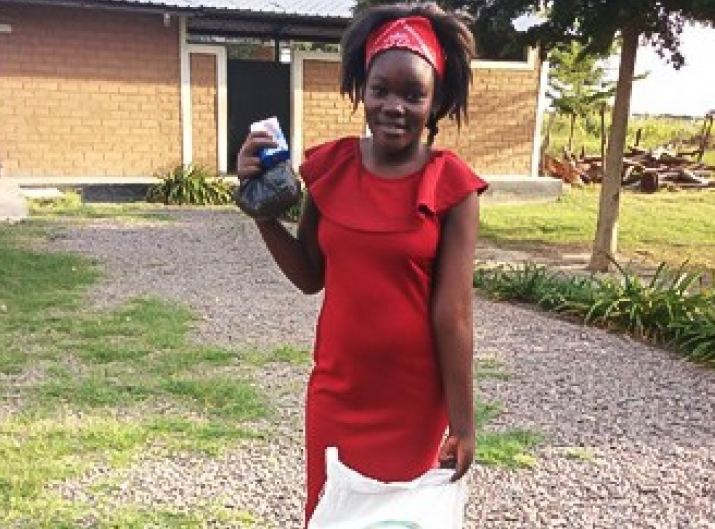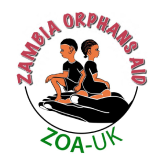Emergencies
ZOA is responding to the developing COVID-19 situation in Zambia through our community partners to support the most vulnerable children.
COVID-19 continues to turn the lives of children and families upside down. The new Omicron variant is concerning and Zambia is preparing for a fourth wave of COVID-19 cases with further lockdowns and school closures.
School closures and movement restrictions disrupts children’s routines and separates them from the networks they rely on and the safety of schools, leaving many of the most vulnerable children even more exposed to exploitation and abuse.

- Violence against children and sexual exploitation have risen due to safe spaces and support networks having been disrupted.
- Children have been out of school and working to make ends meet.
- There has been a spike in the numbers of pregnancies and early marriage during the pandemic.
- Poor mental health already experienced by vulnerable children has been exacerbated.
Health education and basic sanitation is poor in Zambia with high levels of open defecation in rural areas. Many households have very limited access to soap and hand sanitiser making good hygiene practices more challenging.
Communities already suffering from poverty and food insecurity are more exposed to COVID-19 and are being hit hard by the restrictions on travel and movement. Food insecurity is also being exacerbated by high inflation and an unstable currency. This has pushed the price of staple foods such as maize, rice, wheat and other commodities even further out of the reach of struggling families.
ZOA’s COVID-19 RESPONSE
- We’re providing emergency food packages for vulnerable children and their families
- We’re reducing the spread of COVID-19 through child-friendly hand-washing stations at schools and in communities and providing face masks.
- We’re improving sanitation by delivering key health messages to stop the spread of COVID-19 and providing soap to families.
- We’re reducing COVID-related stress and anxiety by providing psychosocial counselling to affected children.
- We’re working with our partners to deal with the longterm social affects of COVID-19 due to prolonged school closures, such as pregnancy and early marriage.
Supporting mental health during the pandemic
Clara, 22 years old
“The behaviour of us students has been so bad during the pandemic. Most of my fellow students have been engaging in illicit activities such as sex, drinking and smoking. This is because we weren’t kept busy with school activities and this has affected us negatively. There is an increase in drug abuse, violence and child labour.
I’ve been having counselling with our project officer about peer pressure, avoiding illicit activities and how to follow COVID-19 prevention measures. I feel more protected when having these counselling sessions.”

Providing emergency food parcels as part of our COVID-19 response
Diana, 13 Years Old
“I’m not happy because school closed early this term due to COVID-19. At school we used to eat every day, now I’ll not be able to eat three meals a day as my mother isn’t working.The prices of food and other commodities have gone up so my mother isn’t able to buy food. Even soap is a problem.
I’m HIV positive and am on drugs so I need more food to eat so the drugs don’t have side effects. I’m happy I received food and soap during this pandemic. Thank you very much for the support I really appreciate it.”

